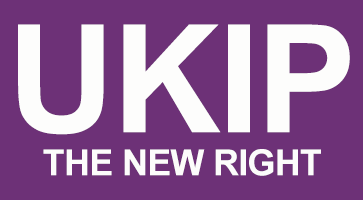Britain’s Educational Disaster
News & Social Media / Post
Jack Thomson
UK Independence Party Spokesman for Young People
The Marking Boycott
In recent times, the education system in the United Kingdom has been plagued by various challenges. One particularly contentious issue is the marking boycott, a tactic employed by some academic staff to protest against systemic problems within the sector. While the concerns raised by those participating in the boycott are legitimate, this disruptive approach ultimately undermines the very education it seeks to protect. In this article, we will delve into the detriments of the marking boycott and explore alternative paths to address the issues at hand.
At its core, education is a collaborative endeavour between students and educators. The marking boycott disrupts this symbiotic relationship by denying students the necessary feedback and assessment required for their academic growth. Constructive feedback is a crucial component of the learning process, enabling students to identify areas of improvement, develop critical thinking skills, and enhance their overall understanding of the subject matter. By refusing to mark assignments, academic staff hinder students and their ability to progress academically, potentially impacting their future prospects.
The boycott also threatens the overall quality of education provided by institutions. Without timely and thorough marking, students may lack clarity on their performance, making it difficult for them to gauge their progress accurately. The absence of feedback can impede students and their ability to address knowledge gaps and refine their understanding of the subject matter.
As a result, the educational experience is diminished, undermining the credibility and reputation of the institution. This decline in academic standards can have far-reaching consequences for both current and future students. In addition to hampering student progress, the marking boycott disrupts the functioning of educational institutions. Institutions rely on the assessment and feedback processes to evaluate student performance, track academic progress, and maintain accountability.
When academic staff refuse to carry out these essential tasks, it creates administrative chaos and compromises the integrity of the institution. Timelines for the release of results, certification processes, and subsequent academic planning become uncertain, causing confusion and frustration among students and other stakeholders.
The marking boycott can also alienate students who may become collateral damage in the protest. Students invest time, effort, and financial resources in their education, expecting a supportive learning environment. The boycott can breed resentment among students who find themselves caught in the crossfire of the conflict between academic staff and institutional management. Such animosity risks eroding the trust and mutual respect necessary for a productive learning environment.
While the concerns driving the marking boycott are legitimate, it is important to consider alternative avenues for addressing these issues. Open and transparent communication channels between academic staff, institutional management, and policymakers are vital to understanding and resolving the systemic problems facing the education sector. Constructive dialogue can lead to meaningful reforms, ensuring fair pay, manageable workloads, and better employment conditions for academic staff. Collaboration among all stakeholders is crucial to achieving sustainable improvements in the education system.
Instead of resorting to disruptive tactics, it is imperative that all stakeholders engage in constructive dialogue to address the systemic issues plaguing the education system. By working together, meaningful and sustainable reforms can be implemented, creating an environment that fosters the holistic development and success of both students and academic staff.
Jack Thomson
UK Independence Party Spokesman for Young People
Recent National News











